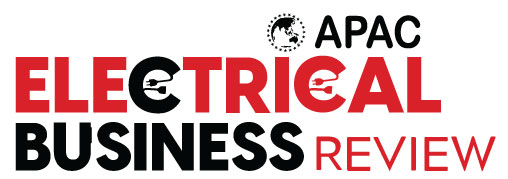Thank you for Subscribing to Electrical Business Review Weekly Brief
Electric Revolution: Transforming Industries through Energy-Efficient Motors
Electrical Business Review | Saturday, September 09, 2023
A sweeping transformation is underway as modern electric motor technologies rewrite energy consumption rules, leading to reduced operational costs and a greener footprint.
FREMONT, CA: The transition from conventional fossil fuel-based systems to electric-powered solutions has gained momentum, driven by the imperative to combat climate change and bolster energy efficiency across industries.
The industrial landscape, in particular, is experiencing a significant shift. Manufacturers are embracing electric motors that promise substantial energy savings while enhancing productivity. This revolution is fueled by innovations like variable frequency drives (VFDs) that optimise motor speed based on real-time demand, eliminating energy wastage during low-load periods. Consequently, industries can maintain high production levels without compromising on energy conservation.
Stay ahead of the industry with exclusive feature stories on the top companies, expert insights and the latest news delivered straight to your inbox. Subscribe today.
The transportation sector is also undergoing a notable makeover. Electric vehicles (EVs) powered by electric motors are rapidly becoming the preferred choice for environmentally conscious consumers. Not only do EVs significantly reduce greenhouse gas emissions compared to their internal combustion engine counterparts, but they also benefit from the inherent efficiency of electric motors. Regenerative braking, a feature in many electric vehicles, converts kinetic energy back into electrical energy, further enhancing energy efficiency.
But it's not just about electric vehicles; electric motor advancements are also revolutionising public transportation systems. Electric buses and trains are gaining traction in urban areas as governments strive to minimise air pollution and noise. These electric modes of transportation offer cleaner alternatives to conventional vehicles, contributing to improved air quality and a healthier urban environment.
The integration of electric motors is also altering the way renewable energy sources are harnessed. For example, wind turbines and solar tracking systems rely on electric motors to optimise their efficiency by precisely orienting themselves toward the most favourable wind and sunlight angles. This synergy between renewable energy and electric motor technologies underscores the interconnectedness of sustainable practices.
Nonetheless, challenges persist. Despite the strides in efficiency, the transition to electric motors can come with initial costs that might deter some industries from adopting these technologies. Additionally, advancements must be made in battery technology to ensure that electric vehicles and systems can operate optimally over extended periods.
In conclusion, the advent of modern electric motor technologies marks a paradigm shift in energy consumption across industries. These motors drive efficiency improvements from manufacturing to transportation and renewable energy generation while aligning with global sustainability goals. As governments, businesses, and consumers recognize the benefits of reduced energy consumption and lowered emissions, the momentum behind the electric revolution continues to surge.
More in News




